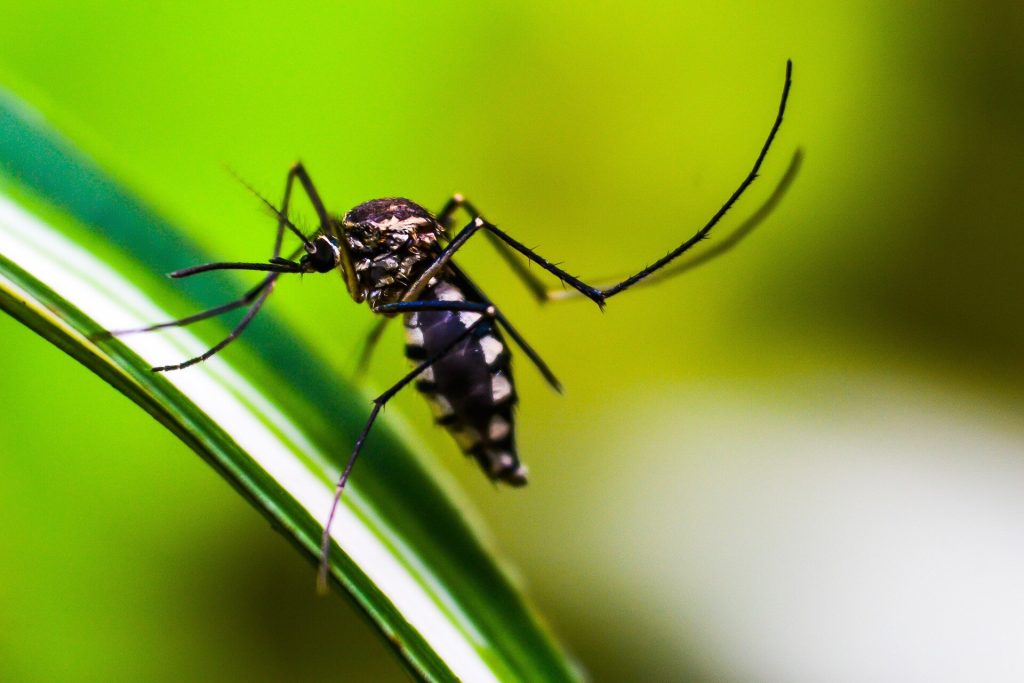Swiss health regulators have approved the first treatment for malaria aimed at newborns and young infants, with eight African countries ready to implement the drug quickly, Novartis announced on Tuesday.
Malaria poses a significant threat in Africa, with the continent responsible for 95 per cent of the 597,000 malaria-related fatalities globally in 2023, as reported by the World Health Organisation.
Among these fatalities, approximately 76 per cent—over 432,000—were children younger than five, according to the WHO.
The infant formulation of Novartis’s Coartem treatment, also known as Riamet, was developed in collaboration with the Medicines for Malaria Venture (MMV), a Geneva-based organisation dedicated to the research and development of medications for malaria.
“Until now, there has been no approved malaria treatment for infants weighing less than 4.5 kilograms (nine pounds 15 ounces),” Novartis said in a statement.
Switzerland’s health authority has approved a dosage intended for infants weighing between 2 and 5 kilograms.
Eight countries that are significantly affected by malaria—Burkina Faso, Ivory Coast, Kenya, Malawi, Mozambique, Nigeria, Tanzania, and Uganda—were involved in the approval process in Switzerland.

These nations are anticipated to grant rapid approval for the treatment themselves under a program aimed at enhancing access to medicines for low- and middle-income countries, said Novartis.
The Swiss pharmaceutical firm stated that it plans to deliver the treatment “on a largely not-for-profit basis” to improve availability in regions where the mosquito-borne illness is prevalent.
In 2023, an estimated 263 million individuals across the globe were afflicted with malaria, according to the WHO. Public health experts have raised concerns that funding to combat the disease is at risk due to US President Donald Trump’s attempts to reduce foreign aid.
Previously, the US government contributed around 40 per cent of the annual global funding for malaria control and research.


 Trending
Trending 